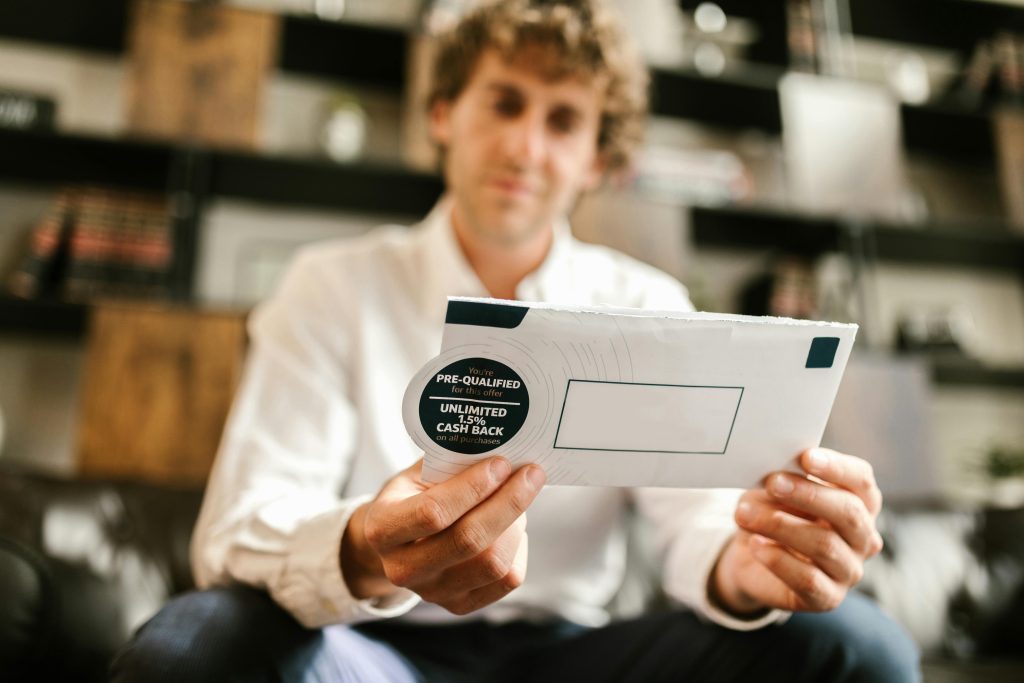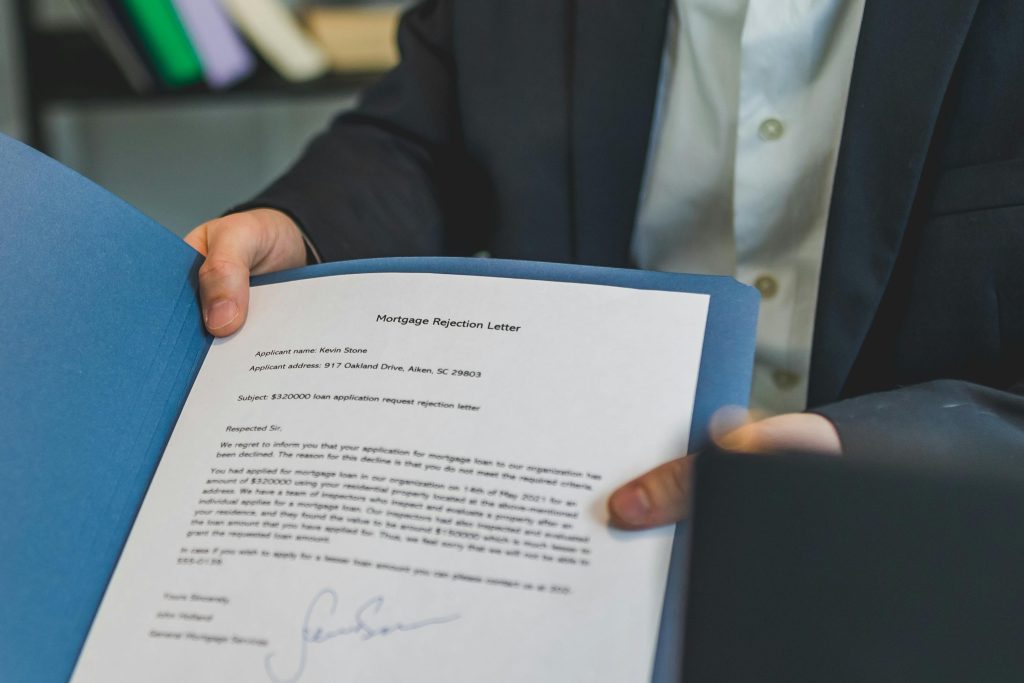Resigning from a job is a significant decision, and how you communicate your departure can have long-term effects on your career. A formal resignation letter is the most professional way to resign, and it ensures that you leave your position on good terms. By crafting a thoughtful and professional resignation letter, you can continue to maintain a positive and professional relationship with your employer and ensure that your exit is smooth and respectful.
In this blog, we’ll discuss the key elements every formal resignation letter should include and provide tips to ensure you maintain professionalism throughout the process.
Key Elements Every Formal Resignation Letter Should Include
A Clear Statement of Resignation
The most important part of your formal resignation letter is a clear statement of your intention to resign. Specify your last working day to set a definitive timeline for your departure.
Example: “I am writing to formally resign from my position as [Job Title] at [Company Name], which will take effect two weeks from today, [Last Working Day].”
Being direct ensures there is no ambiguity and helps both you and your employer plan for the transition.
Expressing Gratitude
No matter the reason for your departure, expressing gratitude is essential. Thank your employer for the lovely opportunities and experiences you’ve gained.
Example: “I want to express my sincere gratitude for the opportunity to work with such a talented team at [Company Name]. I’ve learned a great deal and appreciate the support I’ve received.”
Acknowledging your positive experiences leaves a lasting good impression.
Offer to Assist with the Transition
Showing your willingness to help with the transition highlights your professionalism and dedication.
Example: “I will be thrilled to assist in training my replacement or help with the transition process during my notice period.”
Offering help ensures a smoother handover and shows that you care about the success of your team even after your departure.
Tips to Maintain Professionalism in Your Formal Resignation Letter
Keep Your Tone Positive and Professional
Regardless of your reasons for leaving, you can maintain a positive and respectful tone. Focus on your gratitude and the positive aspects of your experience.
Example: “I have truly enjoyed my time at [Company Name], and I am thankful for the skills and experience gained while working here.”
Avoid discussing negative experiences or criticisms in your letter.
Be Clear and Concise
Your resignation letter should be brief and focused. Include only the necessary information:
- Your intention to resign
- Your last working day
- A note of gratitude
- An offer to assist during the transition
Example: “My decision to resign was not made lightly, and I hope to maintain a positive professional relationship moving forward.”
Avoid Negative Remarks or Criticism
Even if you faced challenges at your job, refrain from including complaints or negative comments. Focus on moving forward positively.
Tip: If you need to express concerns, do it separately in an exit interview, not in your resignation letter.
Proofread and Double-Check the Details
Before submitting your letter, carefully proofread it for any spelling or grammatical errors. Double-check the accuracy of:
- Dates
- Job title
- Manager’s name
- Company name
A polished letter reflects your attention to tiny detail and professionalism.
Sample Formal Resignation Letter
Subject Line (if sending via email): Resignation Notice – [Your Name]
Dear [Manager’s Name],
I am writing on an occasion to formally resign from my position as [Job Title] at [Company Name], which will be two weeks from today, [Last Working Day].
I sincerely appreciate the opportunities for professional and personal growth that I have experienced during my time here. Working with such a dedicated team has been a truly rewarding experience.
I am very committed to making this transition as smooth and clean as possible and am happy to guide my successor in training or completing key projects before my departure.
Thank you again for your support and guidance. I wish [Company Name] continued success for the future.
Sincerely,
[Your Name]
[Your Contact Information]
Frequently Asked Questions
What should be included in a formal resignation letter in 2025?
A formal resignation letter should include your intent to resign, your last working day, an expression of heartfelt gratitude, and an offer to assist with the transition. Keep the tone positive and professional.
Why is it important to maintain professionalism in a resignation letter in 2025?
Maintaining professionalism in your resignation letter ensures that you leave on good terms with your employer, which can benefit you for future job references and professional relationships.
Can I submit my resignation letter by email?
Yes, submitting a resignation letter via email is acceptable in many workplaces, especially in digital environments. Just be sure to keep the tone professional and the subject line clear (e.g., “Resignation Notice – [Your Name]”).
What is the best way to write a formal resignation letter?
A formal resignation letter should be concise and respectful. Include your intention to resign, last working day, a thank you for the opportunity, and an offer to help with the transition.
Should I include the reason for leaving in my resignation letter?
It’s not necessary to provide the reason for leaving, but if you choose to, keep it brief and positive. The focus should be on gratitude and ensuring a smooth transition.
Final Thoughts
Writing a formal resignation letter is the main part of leaving a job professionally. A well-crafted letter leaves a lasting positive impression, reinforces your professional reputation, and preserves valuable relationships for future opportunities.
Focus on being clear, respectful, and grateful. Offer assistance during your notice period, maintain a positive tone, and ensure your communication reflects the professionalism you brought to your role. A graceful exit today paves the way for success tomorrow.






